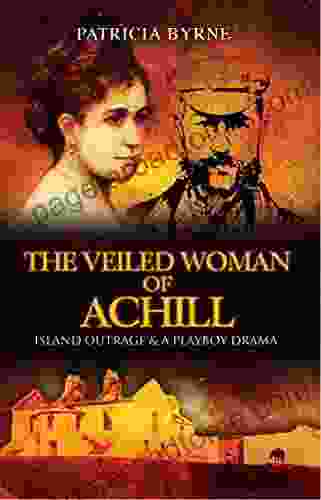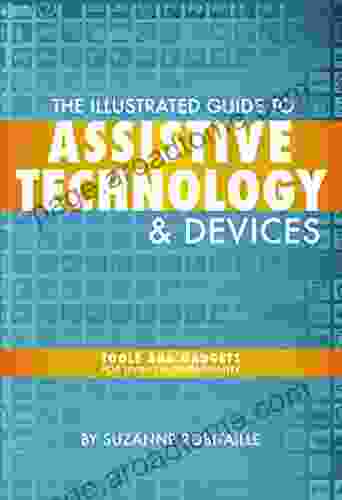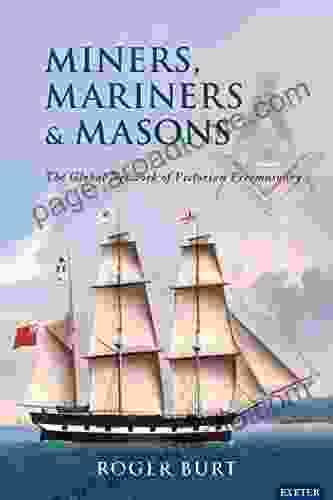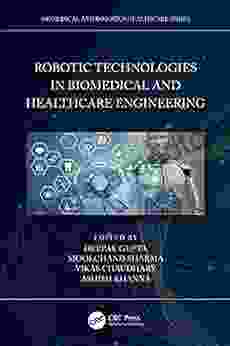History Of Knowledge Authority And The Meaning Of Work

Embark on an enthralling journey through the annals of history, where we uncover the intricate relationship between knowledge authority and the ever-evolving meaning of work. From the dawn of civilization to the digital age, witness how our perception of work has profoundly shaped societies and propelled human progress.
4.6 out of 5
| Language | : | English |
| File size | : | 1576 KB |
| Text-to-Speech | : | Enabled |
| Screen Reader | : | Supported |
| Enhanced typesetting | : | Enabled |
| Word Wise | : | Enabled |
| Print length | : | 272 pages |
Epistemic Authority: The Foundation of Knowledge
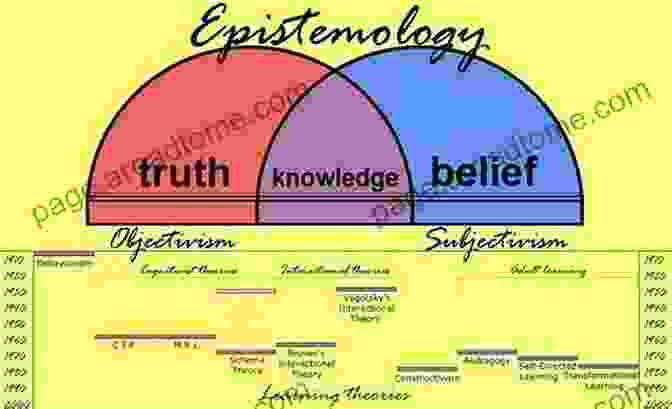
At the heart of our understanding of work lies epistemic authority - the power to define what counts as valid knowledge. Throughout history, different individuals and institutions have held this authority, influencing our beliefs, values, and ultimately, our work practices.
In ancient societies, priests, scribes, and elders wielded epistemic authority, guiding communities through religious rituals and preserving knowledge through written texts. As civilizations grew, rulers and elites asserted their authority, establishing educational systems that reinforced their own ideologies.
From the Cognitive to the Agricultural Revolution
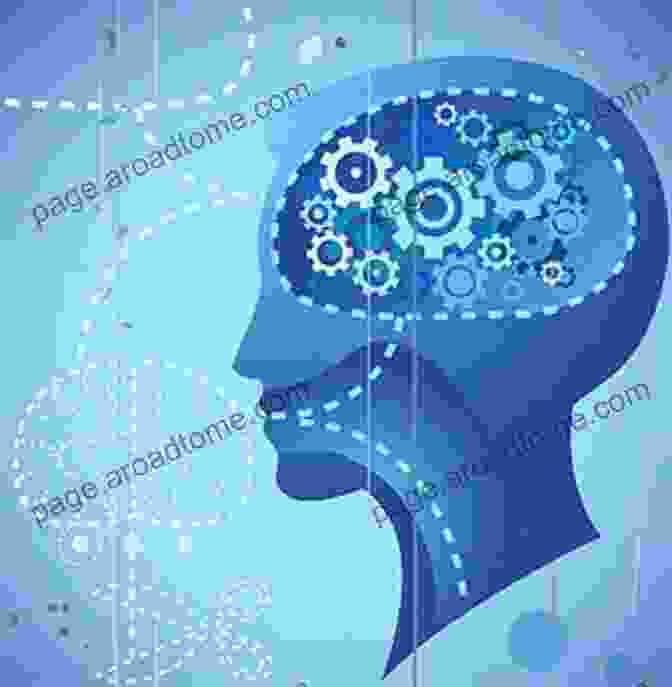
The Cognitive Revolution marked a pivotal moment in human history, as our ancestors developed language, tools, and abstract thinking. This cognitive leap led to a profound transformation in our relationship with work.
Prior to the Cognitive Revolution, hunting and gathering were the primary means of subsistence. Work was closely tied to survival, with little specialization or division of labor. However, as humans developed new technologies and cognitive abilities, they began to engage in specialized crafts, agriculture, and trade.
The Industrial Revolution: A Paradigm Shift
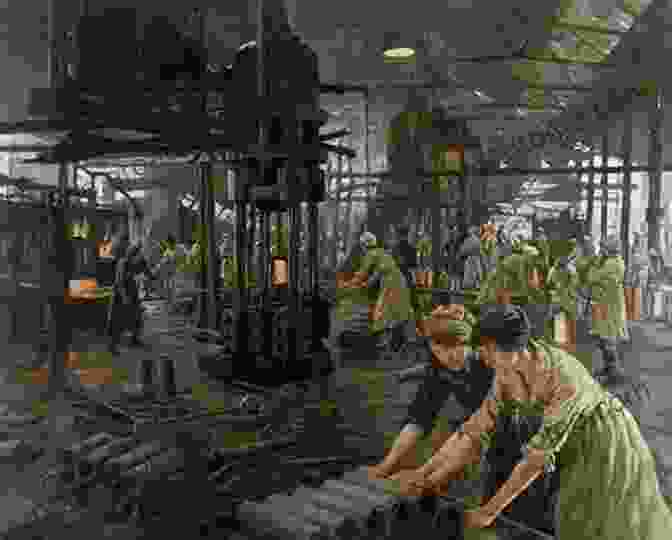
The Industrial Revolution ushered in an era of unprecedented technological advancements and economic growth. Mass production, mechanization, and factories transformed the nature of work, leading to a shift from skilled craftsmanship to repetitive, standardized tasks.
This period also witnessed a rise in scientific authority, as empirical methods and rational thinking became the dominant means of acquiring knowledge. Scientists and engineers played a crucial role in driving technological innovation, further altering the meaning of work and the distribution of wealth.
The Knowledge Economy and the Digital Age
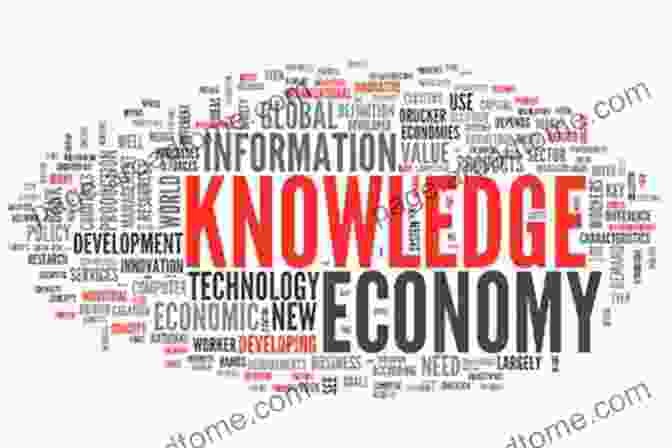
In the 21st century, we have entered the Knowledge Economy, where information, creativity, and problem-solving skills have become the primary drivers of economic growth. The rapid advancement of digital technologies has further accelerated this shift.
In the Digital Age, knowledge is more accessible and democratized than ever before. Individuals have the power to acquire, share, and create knowledge through online platforms and social media. As a result, the traditional hierarchies of knowledge authority are being challenged, and new forms of collaborative and decentralized knowledge production are emerging.
The Meaning of Work in the Digital Age

The profound changes brought about by the Knowledge Economy and the Digital Age have raised fundamental questions about the meaning of work.
For many, work is no longer solely about financial sustenance or social status. Increasingly, individuals seek work that is meaningful, purpose-driven, and offers opportunities for growth and fulfillment. The rise of the gig economy, remote work, and entrepreneurship has provided greater flexibility and autonomy, allowing individuals to tailor their work to their passions and values.
However, the Digital Age also presents challenges. The automation of tasks and the globalization of labor markets have led to job displacement and economic inequality. It is essential to address these challenges through education, training, and social policies that support workers in navigating the rapidly changing landscape of the knowledge economy.
The history of knowledge authority and the meaning of work is an ever-evolving narrative. From the dawn of civilization to the digital age, our perception of work has been shaped by the interplay of epistemic authority, technological advancements, and societal values.
As we navigate the challenges and opportunities of the 21st century, it is more important than ever to understand the profound relationship between knowledge authority and the meaning of work. By embracing the power of collaboration, lifelong learning, and ethical decision-making, we can create a future where work is a source of fulfillment, prosperity, and societal progress.
4.6 out of 5
| Language | : | English |
| File size | : | 1576 KB |
| Text-to-Speech | : | Enabled |
| Screen Reader | : | Supported |
| Enhanced typesetting | : | Enabled |
| Word Wise | : | Enabled |
| Print length | : | 272 pages |
Do you want to contribute by writing guest posts on this blog?
Please contact us and send us a resume of previous articles that you have written.
 Book
Book Novel
Novel Page
Page Chapter
Chapter Text
Text Story
Story Genre
Genre Reader
Reader Library
Library Paperback
Paperback E-book
E-book Magazine
Magazine Newspaper
Newspaper Paragraph
Paragraph Sentence
Sentence Bookmark
Bookmark Shelf
Shelf Glossary
Glossary Bibliography
Bibliography Foreword
Foreword Preface
Preface Synopsis
Synopsis Annotation
Annotation Footnote
Footnote Manuscript
Manuscript Scroll
Scroll Codex
Codex Tome
Tome Bestseller
Bestseller Classics
Classics Library card
Library card Narrative
Narrative Biography
Biography Autobiography
Autobiography Memoir
Memoir Reference
Reference Encyclopedia
Encyclopedia Thomas Nelson
Thomas Nelson Paul Kahn
Paul Kahn Tracey L Reid
Tracey L Reid Okongor Ndifon
Okongor Ndifon Oliver J Altera
Oliver J Altera Susan G Miller
Susan G Miller Paul Isaacs
Paul Isaacs Stephanie Laurens
Stephanie Laurens Wendy Hayden
Wendy Hayden Raymond Chip Tafrate
Raymond Chip Tafrate Palden Gyatso
Palden Gyatso Glenn J Bubley
Glenn J Bubley Norman Bridwell
Norman Bridwell Omid Safi
Omid Safi Piero Angela
Piero Angela Tarsh Ashwin
Tarsh Ashwin Rosemary Ann Davis
Rosemary Ann Davis Per Brodal
Per Brodal Tricia Springstubb
Tricia Springstubb Ricky Smith
Ricky Smith
Light bulbAdvertise smarter! Our strategic ad space ensures maximum exposure. Reserve your spot today!

 Branden SimmonsPrayer and Bible Band Topics Fall 2024: Embark on a Transformative Spiritual...
Branden SimmonsPrayer and Bible Band Topics Fall 2024: Embark on a Transformative Spiritual...
 Tony CarterThe Ultimate Guide to Understanding, Setting, and Surviving No Contact: Find...
Tony CarterThe Ultimate Guide to Understanding, Setting, and Surviving No Contact: Find... Chris ColemanFollow ·3.6k
Chris ColemanFollow ·3.6k Alexander BlairFollow ·9.4k
Alexander BlairFollow ·9.4k Colin FosterFollow ·7.9k
Colin FosterFollow ·7.9k Nathaniel PowellFollow ·17.6k
Nathaniel PowellFollow ·17.6k Ruben CoxFollow ·4.3k
Ruben CoxFollow ·4.3k Bob CooperFollow ·9.3k
Bob CooperFollow ·9.3k Jon ReedFollow ·10.3k
Jon ReedFollow ·10.3k Ismael HayesFollow ·15.7k
Ismael HayesFollow ·15.7k

 W. Somerset Maugham
W. Somerset MaughamNourishing Delights: Easy Recipes Without Salt, Oil, or...
Are you looking for...
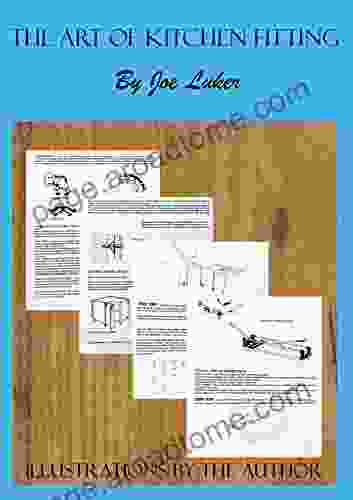
 Zachary Cox
Zachary CoxThe Art of Kitchen Fitting: A Masterful Guide to Culinary...
The kitchen, the heart of...
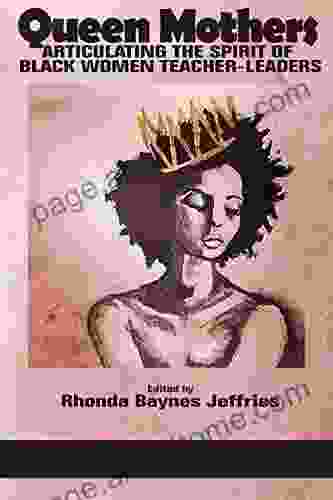
 Elliott Carter
Elliott CarterArticulating the Spirit of Black Women Teacher Leaders:...
In the tapestry of education,...
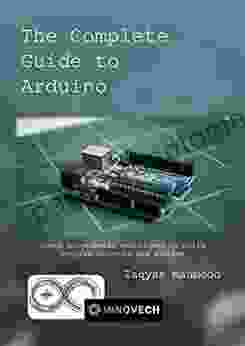
 James Gray
James GrayThe Complete Guide to Arduino: Your Journey to...
: Unveiling the...
4.6 out of 5
| Language | : | English |
| File size | : | 1576 KB |
| Text-to-Speech | : | Enabled |
| Screen Reader | : | Supported |
| Enhanced typesetting | : | Enabled |
| Word Wise | : | Enabled |
| Print length | : | 272 pages |



